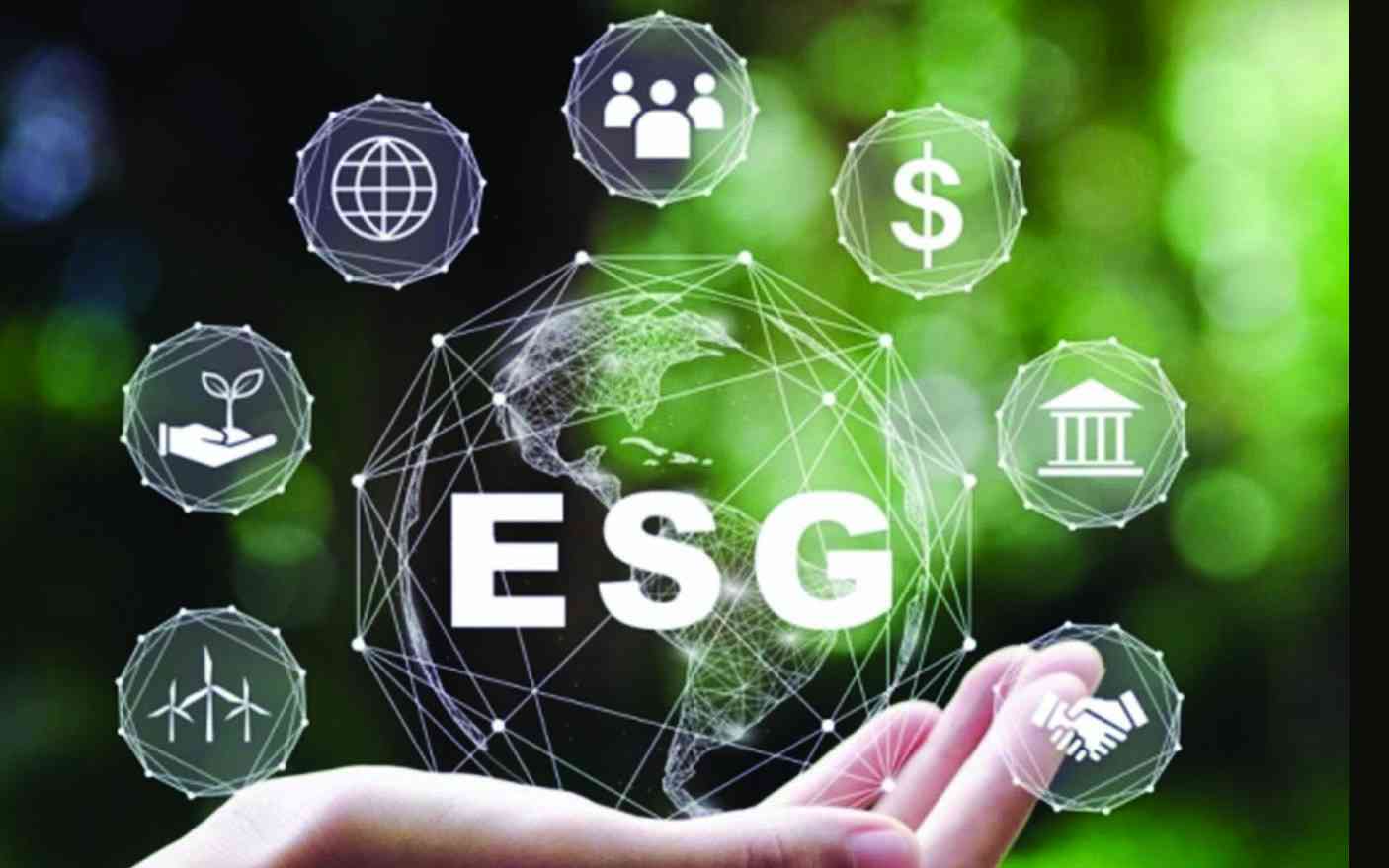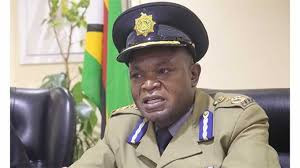
As the countdown towards the 9th Zimbabwe ESG Leadership and Responsible Business Summit 2025 begins, the spotlight is on the theme “Towards a Sustainable Zimbabwe: Bridging Policy, Community and Business Initiatives — A Holistic Approach to ESG in Zimbabwe”.
The expected outcomes include the development of a National ESG Framework and the creation of an ESG Resource Hub. The summit is also expected to table tangible recommendations for policymakers and corporate strategists, to influence national ESG (environment, social and governance) regulations and encourage private and public sector participation and compliance.
Top-drawer delegates from local councils, NGOs, the academia, those who sit on the boards of directors and others will be sharing on all things ESG.
One of the key speakers at the summit helps organisations seeking to develop ESG and climate change strategies integrate into business through systems thinking tools using their Strategy Architecture Map 2000. They have also developed an excel based Basic Sustainability Assessment Tool (BSAT).
It is a generic and comprehensive sustainability assessment tool which uses less than 20 multiple choice questions to score the organisation’s sustainability performance. What is exciting about this tool is that it scores material contribution to 17 Sustainable Development Goals (SDGs) and scores on progress towards core ESG issues.
BSAT is customisable. It can be aligned to prominent international frameworks like GRI, SASB, TCFD and national frameworks like Statutory Instrument (SI) 134 of 2019.
Be that as it may, in recent years, there has been a notable shift among organisations from focusing solely on ESG criteria to embracing broader sustainability objectives.
While ESG provides a framework for assessing corporate responsibility and risk management, sustainability encompasses a more comprehensive, long-term perspective on environmental integrity, social equity and economic viability. This transition reflects evolving stakeholder expectations, regulatory developments and the recognition that sustainable business practices are integral to long-term value creation.
- Mavhunga puts DeMbare into Chibuku quarterfinals
- Bulls to charge into Zimbabwe gold stocks
- Ndiraya concerned as goals dry up
- Letters: How solar power is transforming African farms
Keep Reading
Evolution from ESG to sustainability
ESG is a set of criteria used by investors and companies to evaluate organisational behaviour and its impact on financial performance, including various sustainability and ethical issues. It emphasises risk mitigation and responsible investment (Kotsantonis, Pinney and Serafeim, 2016).
SI 134 of 2019 by the government of Zimbabwe mandates publicly listed companies to report on ESG. It is all part of the move by the government to obtain sustainability reports to support their commitment towards net zero carbon emissions as enshrined in the Paris Agreement of 2012 and Zimbabwe’s Nationally Determined Contribution Framework committed to 40% reduction in greenhouse gases (GHG) by 2030.
The GHG Protocol or Greenhouse Gas Protocol, is a globally recognised set of standards, methodologies and tools for measuring and managing GHG emissions. It provides a framework for businesses, governments and other organisations to track and report their emissions in a consistent and transparent manner, supporting efforts to mitigate climate change.
Sustainability
It is a holistic approach aimed at meeting present needs without compromising future generations’ ability to meet theirs, integrating environmental health, social equity and economic development (Brundtland Commission, 1987).
The Paris Agreement is an international treaty on climate change adopted in 2015, with the goal of limiting global warming. The SDGs, also adopted in 2015, are a broader set of 17 interconnected goals focused on ending poverty, protecting the planet and ensuring peace and prosperity.
Over 190 countries have joined the Paris Agreement, including Zimbabwe, which has also committed to the SDGs.
But while ESG metrics are valuable, they often focus on discrete issues and lack integration into core business strategies. Critics argue that ESG has become a checkbox exercise, lacking in systemic change (Eccles and Klimenko, 2019).
In addition, inconsistent standards and reporting frameworks hinder comparability and effectiveness, which next week’s ESG summit is going to address. Consumers, employees, investors, regulators and communities have been demanding more than just risk disclosure. Instead they are seeking genuine sustainability commitments.
For example, the rise of socially conscious investing has shifted capital towards firms demonstrating broader sustainability efforts (Clark, Feiner and Viehs, 2015).
Governments worldwide are enacting stricter regulations requiring companies to disclose sustainability impacts and align operations with sustainability goals. The European Union’s Sustainable Finance Disclosure Regulation and the Task Force on Climate related Financial Disclosures exemplify this trend.
In addition, the OECD, has been highlighting the EU’s Carbon Border Adjustment Mechanism which is a policy designed to impose a carbon price on imports of certain goods to the EU, specifically those from energy intensive industries with weaker climate policies, like Zimbabwe.
This mechanism aims to level the playing field between EU and foreign producers by ensuring importers pay a carbon price equivalent to what they would have paid if the goods were produced under the EU's own emissions regulations.
Read full article on: www.theindependent.co.zw
Ndoro-Mkombachoto is a former academic and banker. She has consulted widely in strategy, entrepreneurship and private sector development for organisations that include Seed Co Africa, Hwange Colliery, RBZ/CGC, Standard Bank of South Africa, Home Loans, IFC/World Bank, UNDP, USAid, Danida, Cida, Kellogg Foundation, among others, as a writer, property investor, developer and manager. — @HeartfeltwithGloria/ +263 772 236 341.






